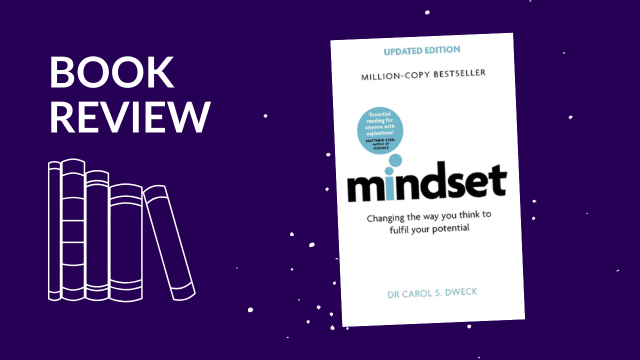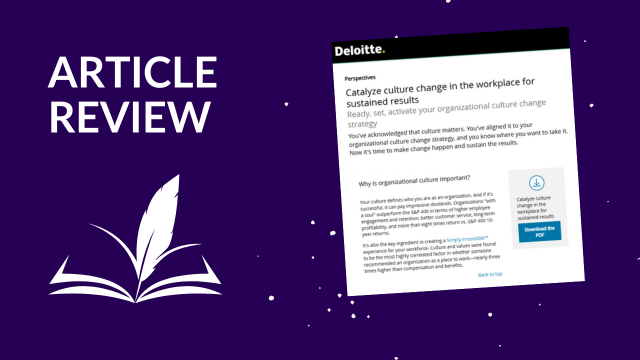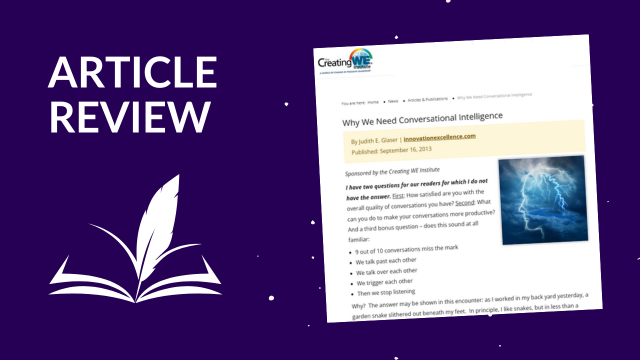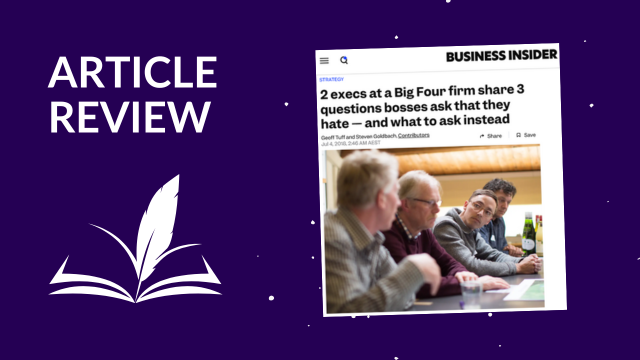As change practitioners, we are expected to have answers. When we don’t, we work hard—and quickly—to find them. The problem is, when we do, it is unlikely that we are coming up with the best solution.
Albert Einstein is quoted as saying, “It’s not that I am so smart, I just stay with the problem longer.” How we might stay with the problem longer is the focus of Brainstorm Questions, Not Solutions by Levi Brooks. He states, “Simply stated, the first ‘problem’ to solve is always exposing the ‘true’ problem.” He proposes a three-step process for finding better solutions.
- “Step back and instigate some fact finding. Challenge the underlying assumptions of the problem, including your own. Understand the audience’s needs in more detail. What is the big picture? Understand how different people around you perceive the problem. Question the questions.”
- “Drive more questions.” With the facts that have been gathered, it’s time to step into brainstorming. But instead of brainstorming solutions, Brooks proposes brainstorming more questions. “Generating questions, rather than solutions, can allow us to think more freely and creatively, since we’re not required to come up with a perfect solution yet.” He proposes using The QFT (Question Formulation Technique)by The Right Question Institute in order to do so. This process results in three powerful questions.
- “Define your problem and start problem solving. You now have three thought-provoking questions that should excite your team and partners. The questions can be used to drive experimentation, further reading, research, and discussion. Furthermore, the information from these questions should lead to your final problem statement. A problem statement is a clear, concise description of the issue that needs to be addressed by you and your team.”
Throughout the article, Brooks uses a hypothetical banking app and the creation of Instagram as examples. In doing so, he strongly makes the case that following Einstein’s practice of staying with the problem longer can yield significantly better solutions.







